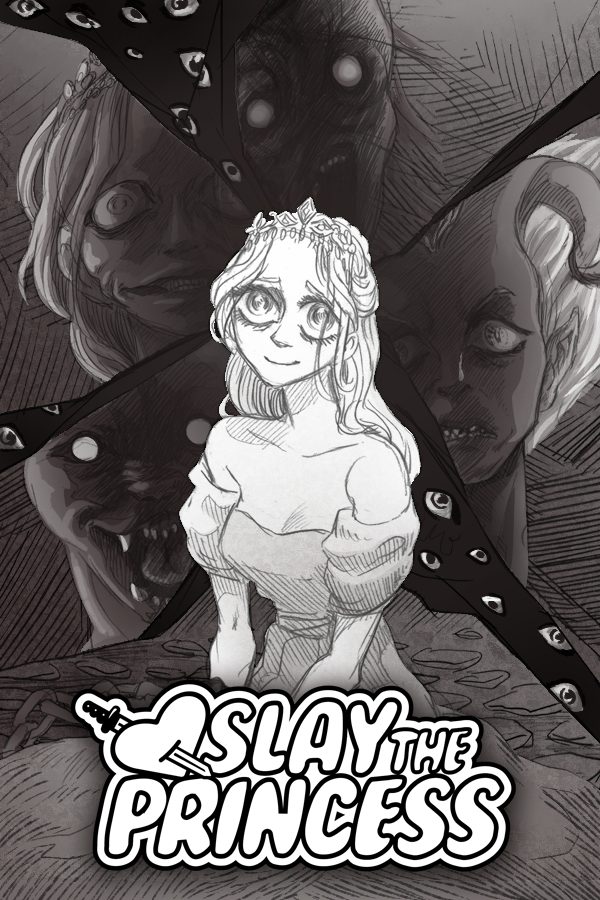The Velvet Room in Persona: A Jungian Exploration
The Velvet Room—a surreal, ever-changing space that exists beyond the boundaries of time and space—is one of the most intriguing elements in the Persona video game series. Guided by the enigmatic Igor and his assistants, players are drawn into a realm that feels both familiar and otherworldly. But what does this mystical place represent, and why does it resonate so deeply with players? By delving into the theories of Carl Jung, we can uncover the psychological depths of the Velvet Room and its profound significance.
The Velvet Room as the Collective Unconscious
Carl Jung, a pioneering figure in psychology, introduced the concept of the collective unconscious—a part of our psyche that contains shared memories, archetypes, and symbols across humanity. The Velvet Room can be seen as a gateway to this collective unconscious. Its existence outside ordinary space and time mirrors Jung's idea that the collective unconscious is accessible through dreams, myths, and religious experiences.
Each iteration of the Velvet Room, from a luxurious elevator to a grandiose library, reflects the fluid nature of the unconscious mind. This ever-changing form suggests that the Velvet Room is a dynamic space where the boundaries between the conscious and unconscious blur. It invites players to explore the depths of their own psyche, much like how the collective unconscious is an evolving part of our minds that interacts with our daily consciousness.
Archetypes in the Velvet Room
Jung believed that archetypes are universal, innate symbols that shape our experiences and behaviours. The inhabitants of the Velvet Room—Igor and his various assistants—embody these archetypes, serving as guides for the protagonists on their psychological journeys.
Igor: The Wise Old Man
Igor, with his distinctive long nose and cryptic demeanour, represents the archetype of the Wise Old Man. This figure appears across cultures as a mentor who provides wisdom and guidance to the hero. Igor's role is to help the protagonists unlock their potential and understand their inner selves, much like the Wise Old Man assists in the process of individuation—integrating the unconscious into conscious awareness.
The Assistants: Anima and Animus
Igor's assistants, such as Elizabeth, Margaret, and Lavenza, symbolize the anima and animus archetypes. The anima represents the feminine inner personality in men, while the animus represents the masculine inner personality in women. These characters challenge the protagonists to confront and integrate aspects of their unconscious, promoting personal growth and self-awareness. For instance, Elizabeth's challenges in Persona 3 push the protagonist to explore their abilities and emotions, facilitating the integration of the anima.
The Velvet Room and the Journey of Individuation
Individuation, a core concept in Jungian psychology, is the process by which individuals integrate various aspects of their psyche, achieving wholeness. The Velvet Room serves as a crucial space for this transformative journey.
Shadow Integration
A significant part of individuation is integrating the shadow—the unconscious part of our personality that contains repressed desires and weaknesses. The Velvet Room allows protagonists to summon and fuse personas, which are manifestations of their inner states. By mastering these personas, the protagonists confront and accept parts of themselves they had previously denied, leading to greater self-awareness.
Self-Realization
The ultimate goal of individuation is self-realization, harmonizing the conscious and unconscious aspects of the psyche. The timeless and ethereal quality of the Velvet Room represents the inner space where this harmonization occurs. Through interactions with Igor and his assistants, the protagonists gain insights into their true selves, unlocking new abilities and achieving a deeper understanding of their identity and purpose.
Simply Put
The Velvet Room in the Persona series is more than just a mystical space—it's a powerful symbol that resonates with Jungian psychological concepts. It serves as a representation of the collective unconscious, a place where archetypal figures guide protagonists on their journey toward individuation. By exploring and integrating various aspects of their psyche within the Velvet Room, players are invited to reflect on their own psychological journeys, making the Velvet Room a profound narrative and psychological tool.
So, the next time you find yourself in the Velvet Room, remember that you are not just playing a game—you are embarking on a journey into the depths of the human psyche, guided by the timeless wisdom of Carl Jung.
References
The Wise Old Man: Exploring the Psychology of the Archetype | Envision your Evolution
Jung, C. G. (1959). The Archetypes and The Collective Unconscious. Princeton University Press.
Jung, C. G. (1966). Two Essays on Analytical Psychology. Princeton University Press.
Stein, M. (1998). Jung's Map of the Soul: An Introduction. Open Court Publishing.















